For immediate release
Date: August 26, 2021
Contact:
Debra Chase, CEO, Mountain Lion Foundation
DChase@mountainlion.org
916-442-2666 ext. 103
Utah Wildlife Board approves excessive 2021-22 hunt recommendations
Salt Lake City, UT – Utah’s newly approved hunting targets for mountain lions are excessive and unsustainable, according to an analysis by conservation advocates. The Utah Wildlife Board voted Thursday to allow unlimited cougar hunting in most of the state, and to place harvest limits elsewhere. During the 2020-21 cougar hunting season, a record 702 kills by hunters and Wildlife Services were reported by the Division of Wildlife Resources (DWR).
“Allowing trophy hunters to kill so many of our cougars is not only unsustainable, it is not good management, and does not support the DWR’s mission of serving the people of Utah as “trustee and guardian of the state’s protected wildlife,” stated Denise Peterson, Conservation Advocate for the Mountain Lion Foundation and resident of Utah. She continued, “The majority of Utahans do not support the killing of the state’s lions to appease a small handful of wildlife stakeholders and it is high time that management decisions reflect this reality.”
Under the plan, 33 of the 53 cougar hunting units will allow unlimited year-round harvest and have a goal of >40% female harvest. For the remaining 20 cougar hunt units, DWR recommended that hunters be permitted to kill up to 297 cougars. The policy allows a single hunter to kill up to 2 cougars per year, but does not allow the killing of cougars that have been collared by researchers statewide.
According to DWR, a record number of cougars were killed by hunters and Wildlife Services during the 2020-21 season: 702 documented mortalities. The Mountain Lion Foundation estimates, based on available suitable habitat and the solitary nature of cougars, suggests that the state may be home to around 1,600 adult-aged mountain lions. DWR estimated in 2019 that the state has 70% more lions: 2,700 individuals. DWR’s inflated population estimates were used to justify the high hunting quotas approved by the Wildlife Board.
“I worry that these excessive hunting limits will only increase conflicts between lions and domestic animals, and do little to achieve management goals of boosting big game species like mule deer and bighorn sheep,” says MLF’s Peterson. “Cougars continue to get the blame for mule deer and bighorn sheep declines, but there are many other factors that influence deer and sheep survival, including drought and lack of quality forage. Studies have even shown that hunting disrupts cougar social structures and increases conflicts with livestock and predation on declining prey.”
If you want to support our efforts or get involved in Utah, visit MountainLion.org.
Founded in 1986, the Mountain Lion Foundation is a national nonprofit organization with a mission to ensure that America’s lion survives and flourishes in the wild.


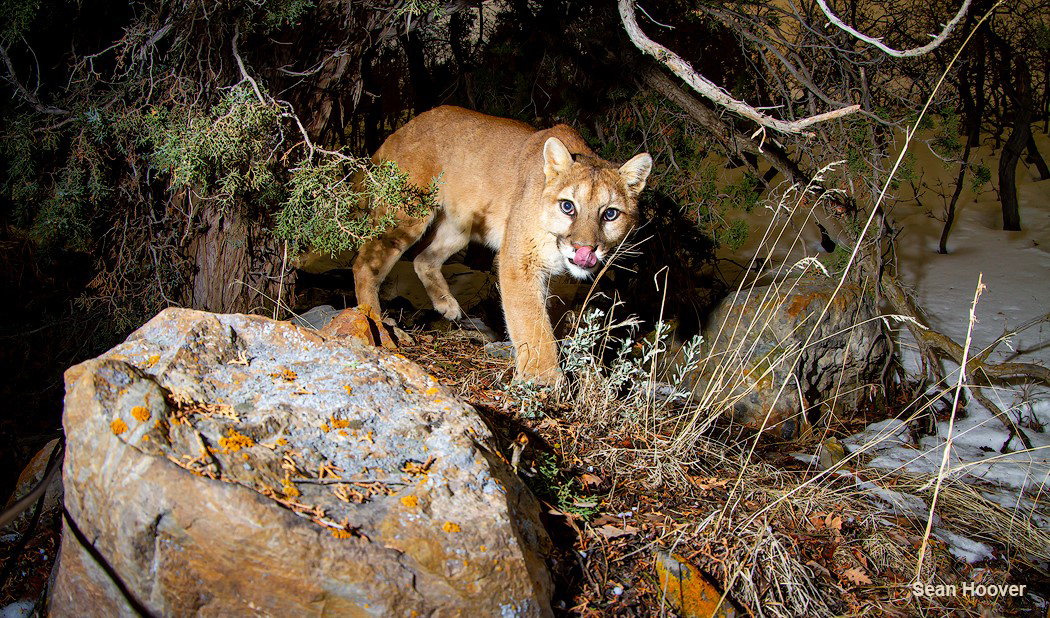
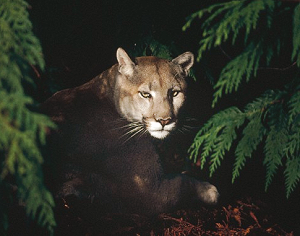
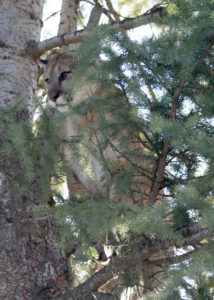
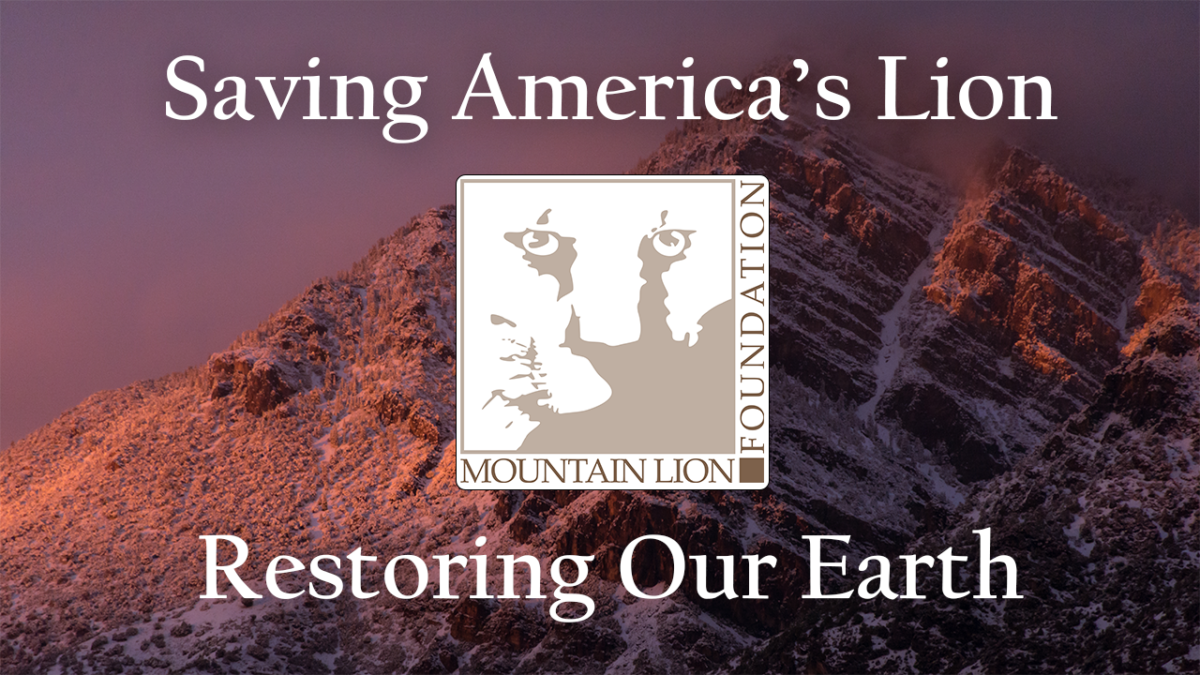
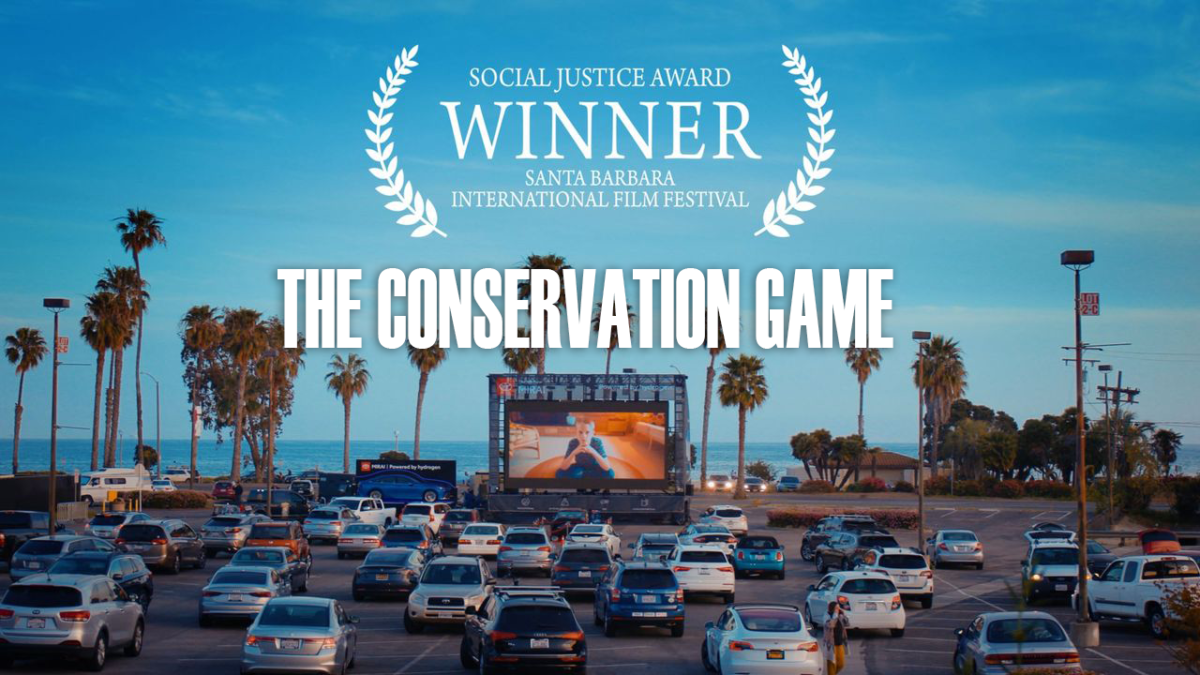

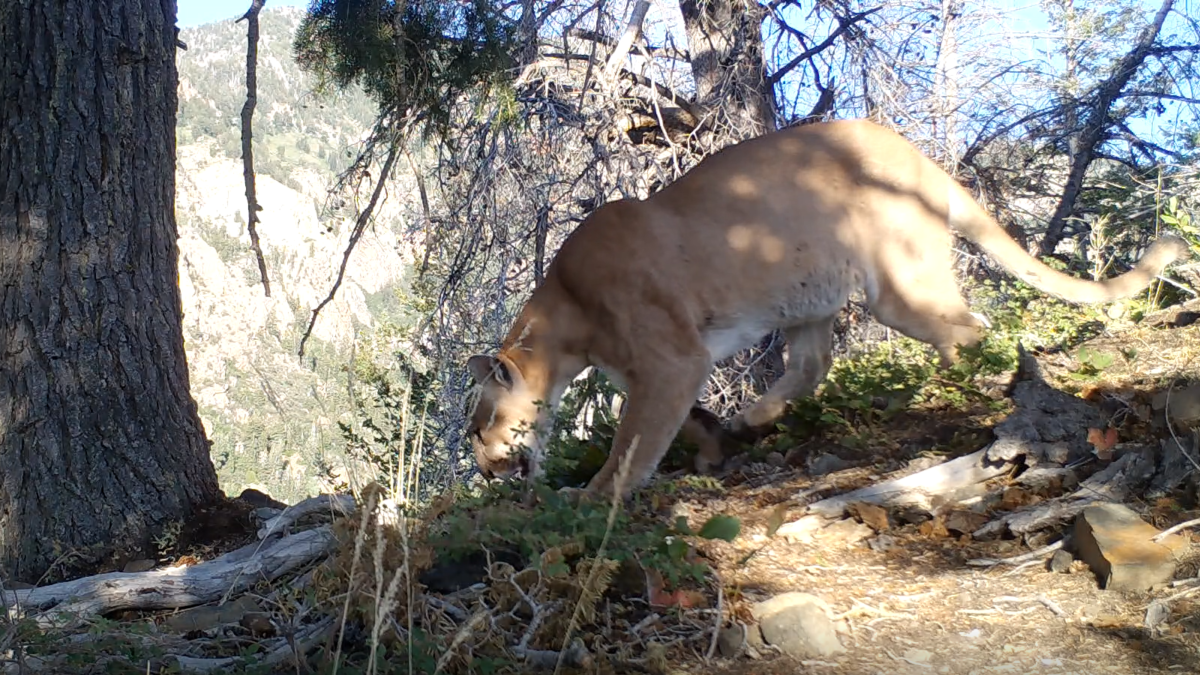

 In her early twenties, Laura Coleman finds herself living in London, her life an endless loop of commuting and corporate meetings. Tired of tight tailored suits and lacking direction, she quits her job and sets out for South America. Two months into her three-month trip to Bolivia, Laura is tired, bloated, sunburnt, lonely, and ready to go home. But a flyer about an animal welfare charity encourages her to stick it out, and soon she is en route to “el parque” in the heart of the Amazon. Arriving at el parque, Laura finds an underfunded, understaffed, dilapidated camp, along with suicidal howler monkeys, megalomaniac pigs, toothless jaguars, and many more animals who had been abused and abandoned. She also meets a timid and moody puma named Wayra who she now has to learn how to “walk” outside of her enclosure. Within days, all Laura can think about is going home. But after several weeks of barely showering, being eaten alive by bugs, and doing work that pushes her to a physical and emotional exhaustion she’s never known, Laura deliberately misses her flight back to England and spends the next two years learning how to trust Wayra, as well as how to trust herself.
In her early twenties, Laura Coleman finds herself living in London, her life an endless loop of commuting and corporate meetings. Tired of tight tailored suits and lacking direction, she quits her job and sets out for South America. Two months into her three-month trip to Bolivia, Laura is tired, bloated, sunburnt, lonely, and ready to go home. But a flyer about an animal welfare charity encourages her to stick it out, and soon she is en route to “el parque” in the heart of the Amazon. Arriving at el parque, Laura finds an underfunded, understaffed, dilapidated camp, along with suicidal howler monkeys, megalomaniac pigs, toothless jaguars, and many more animals who had been abused and abandoned. She also meets a timid and moody puma named Wayra who she now has to learn how to “walk” outside of her enclosure. Within days, all Laura can think about is going home. But after several weeks of barely showering, being eaten alive by bugs, and doing work that pushes her to a physical and emotional exhaustion she’s never known, Laura deliberately misses her flight back to England and spends the next two years learning how to trust Wayra, as well as how to trust herself. Laura Coleman (she/her) is a writer and an artist. She has lived and worked in Bolivia for over a decade, caring for rescued wild animals with the NGO Comunidad Inti Wara Yassi. This is the subject of her first book, a memoir, entitled THE PUMA YEARS. She is also the founder of ONCA, a Brighton (UK) based arts charity that bridges social and environmental justice issues with creativity, and she lives by the sea on the Isle of Eigg in Scotland with a dog called Nelo.
Laura Coleman (she/her) is a writer and an artist. She has lived and worked in Bolivia for over a decade, caring for rescued wild animals with the NGO Comunidad Inti Wara Yassi. This is the subject of her first book, a memoir, entitled THE PUMA YEARS. She is also the founder of ONCA, a Brighton (UK) based arts charity that bridges social and environmental justice issues with creativity, and she lives by the sea on the Isle of Eigg in Scotland with a dog called Nelo.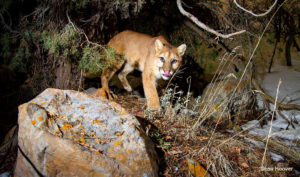
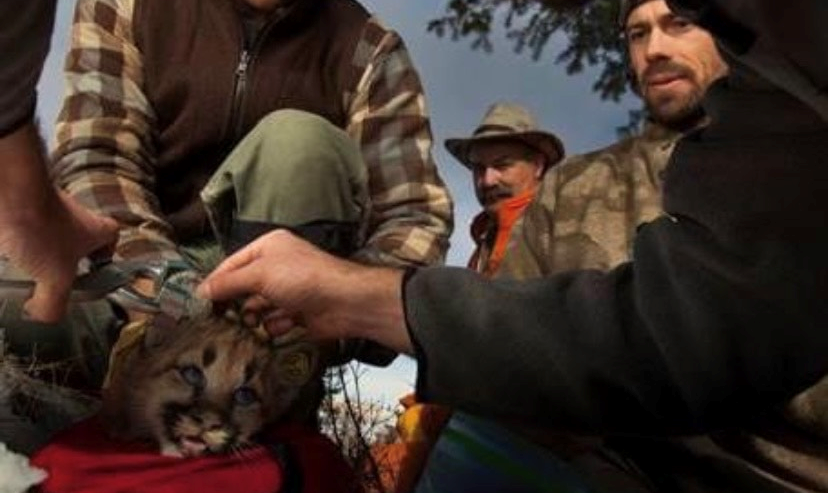
 Patrick Lendrum is the Senior Science Specialist for World Wildlife Fund’s (WWF) Northern Great Plains (NGP) Program. He leads the development of science priorities for the program, implementing projects to answer key scientific questions that address the loss of native grasslands and the impacts that these losses may have on the wildlife and human communities that depend on them. Patrick also oversees the measurement of progress toward the NGP Program’s conservation goals and partnerships with a variety of stakeholders in order to develop shared conservation solutions.
Patrick Lendrum is the Senior Science Specialist for World Wildlife Fund’s (WWF) Northern Great Plains (NGP) Program. He leads the development of science priorities for the program, implementing projects to answer key scientific questions that address the loss of native grasslands and the impacts that these losses may have on the wildlife and human communities that depend on them. Patrick also oversees the measurement of progress toward the NGP Program’s conservation goals and partnerships with a variety of stakeholders in order to develop shared conservation solutions.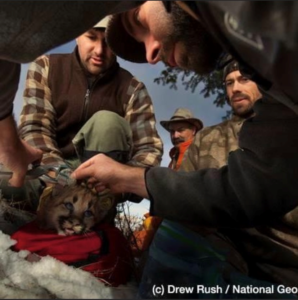 Prior to joining WWF Patrick earned his M.S. and Ph.D. examining the effects of human-caused land use change on wildlife communities and ways to minimize disturbance while promoting sustainable development. He has worked across the western US in a variety of habitats spanning costal rainforests to prairie grasslands, with species ranging from insects to grizzly bears. Patrick has partnered with State, Federal, Private, and NGO entities to build large-scale collaborations in diverse working landscapes. The research Patrick has been involved with has been featured in National Geographic Magazine, BBC documentaries, and published in numerous peer-reviewed scientific articles. He is thrilled to now be conducting applied science that contributes towards WWF’s mission of securing a future that meets the needs of humans and nature.
Prior to joining WWF Patrick earned his M.S. and Ph.D. examining the effects of human-caused land use change on wildlife communities and ways to minimize disturbance while promoting sustainable development. He has worked across the western US in a variety of habitats spanning costal rainforests to prairie grasslands, with species ranging from insects to grizzly bears. Patrick has partnered with State, Federal, Private, and NGO entities to build large-scale collaborations in diverse working landscapes. The research Patrick has been involved with has been featured in National Geographic Magazine, BBC documentaries, and published in numerous peer-reviewed scientific articles. He is thrilled to now be conducting applied science that contributes towards WWF’s mission of securing a future that meets the needs of humans and nature.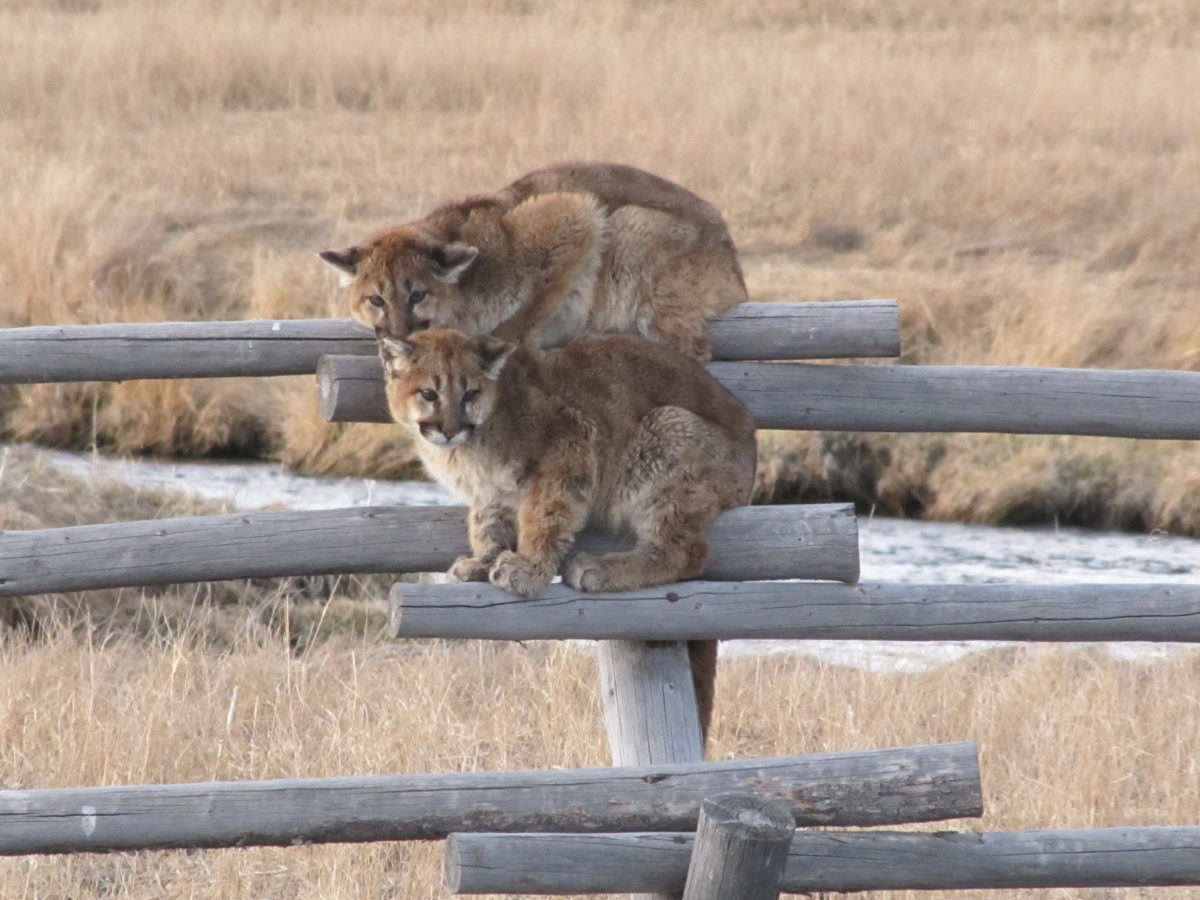
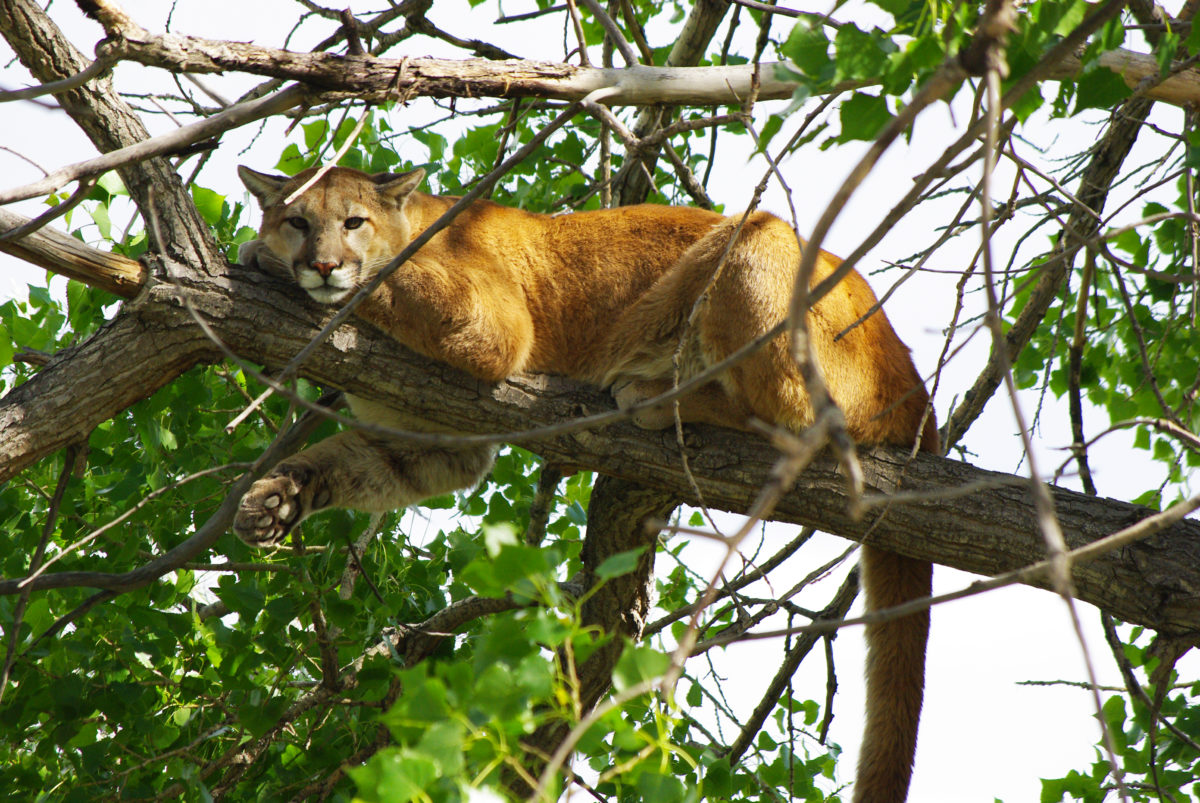
 Nebraska Game and Parks Commission is accepting public comment now through June 9, 2021 at 1:00 PM CT.
Nebraska Game and Parks Commission is accepting public comment now through June 9, 2021 at 1:00 PM CT.